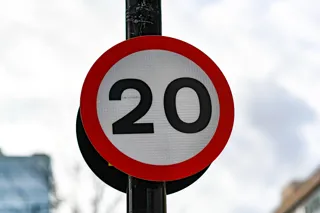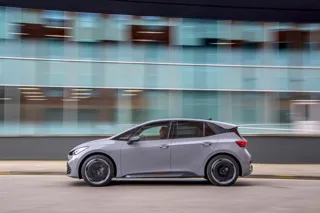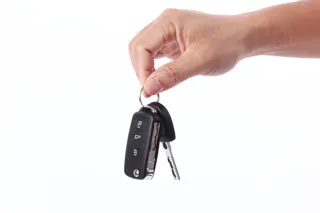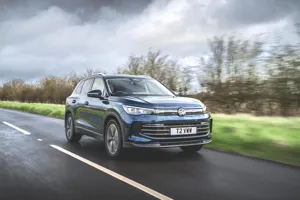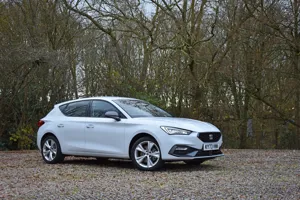Tesla announces new pricing structure for Supercharger network
Tesla has announced a new pricing structure for its Supercharger network, following the introduction of a membership model for its customers.
Charging & infrastructure
19 Apr
Features and analysis

Five simple ways to control and cut fleet fuel costs
In the face of consistently high pump prices, fleet industry experts share their views on the best ways to control and cut your organisation’s fuel spend.
Fleet procurement
19 Apr
Electric Fleet
Events
Car, van and truck reviews
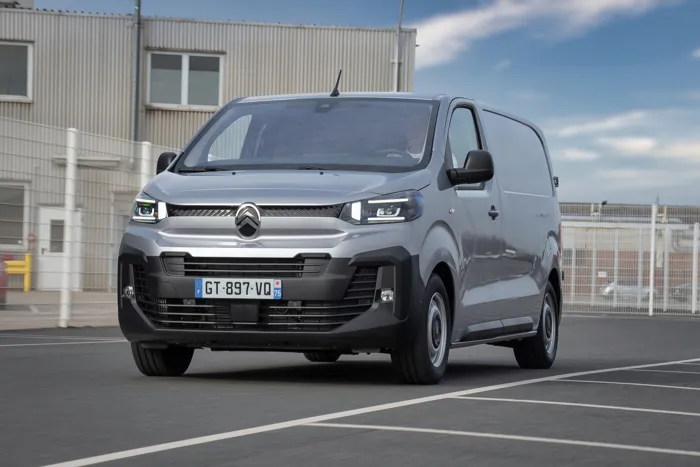
Citroen Dispatch and e-Dispatch review
Revised Dispatch offers a range of improvements over its predecessor.
18 Apr






